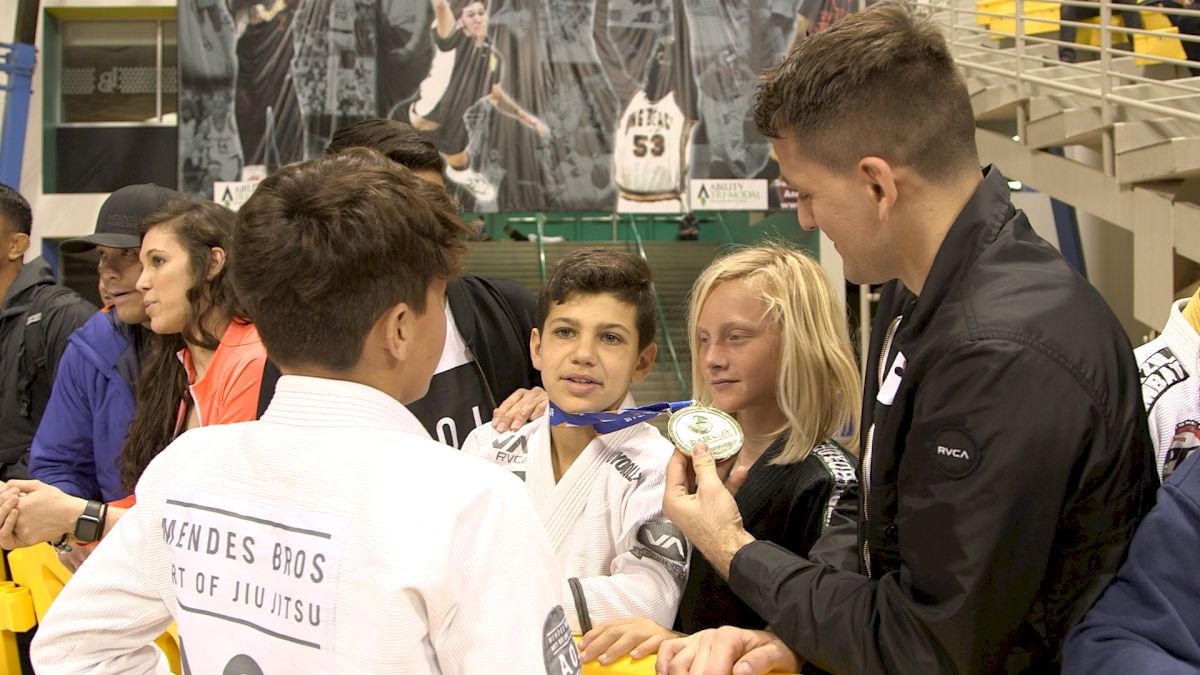BJJ Vs. Karate? Which Sport Is Better For My Child?
BJJ Vs. Karate? Which Sport Is Better For My Child?
Is Brazilian jiu-jitsu or karate better for my child?

When it comes to choosing a martial art for your child, there are many options available, each with its own unique benefits. Brazilian Jiu-Jitsu (BJJ) and Karate are two popular choices, but in recent years, BJJ has gained significant traction as the preferred martial art for children. In this article, we will explore why BJJ is often considered a better choice over karate for kids.
Practical Self-Defense
One of the primary reasons why BJJ is favored over Karate for children is its practicality in real-world self-defense situations. BJJ focuses on ground-based combat, teaching children how to defend themselves when taken to the ground, which is a common scenario in confrontations. This hands-on experience can provide children with valuable skills and confidence in defending themselves if necessary.
Non-Violent Conflict Resolution
BJJ places a strong emphasis on control and submissions rather than striking. Children who practice BJJ learn the importance of using their skills responsibly and avoiding unnecessary harm. This non-violent approach to conflict resolution aligns with modern values and promotes a sense of responsibility and empathy among children.
Physical Fitness and Mental Discipline
Both BJJ and Karate offer excellent physical fitness benefits, but BJJ tends to provide a more holistic approach. BJJ training incorporates cardiovascular exercise, strength development, flexibility, and core stability. Moreover, BJJ teaches children mental discipline, as they must focus on technique and strategy during sparring sessions, helping them improve their concentration and decision-making skills.
Anti-Bullying and Confidence Building
BJJ empowers children to stand up against bullying without resorting to violence. The skills acquired in BJJ allow kids to control situations and resolve conflicts without harming others physically. This not only helps protect them from bullies but also boosts their self-esteem and self-confidence, as they know they can handle challenging situations effectively.
Inclusivity and Gender Equality
BJJ has a reputation for being inclusive and welcoming to participants of all sizes, genders, and abilities. This inclusivity fosters a sense of community and camaraderie among children, helping them develop social skills and respect for diversity. Karate, while also a great martial art, may have more traditional gender roles and hierarchies that can be less appealing to some children.
Lifelong Learning and Adaptability
BJJ is often likened to a chess match due to its intricate techniques and strategy. This fosters a mindset of lifelong learning and adaptability in children, as they continuously refine their skills and adapt to different opponents. Karate, with its more rigid forms and techniques, may provide fewer opportunities for this kind of creative problem-solving and adaptability.
Competitive Opportunities
BJJ offers children numerous opportunities for competition, from local tournaments to international championships. This exposure to competition can teach them valuable life lessons such as sportsmanship, resilience, and the ability to handle both success and defeat gracefully. Karate competitions are also available but may not provide the same depth and variety as those in BJJ.
Conclusion
While Karate remains a respected martial art that can provide valuable life skills and discipline for children, Brazilian Jiu-Jitsu has emerged as a compelling alternative with distinct advantages. BJJ's practical self-defense techniques, focus on non-violent conflict resolution, physical fitness, and mental discipline, along with its inclusivity, confidence-building, adaptability, and competitive opportunities, make it an excellent choice for children in the modern world. Ultimately, the choice between BJJ and Karate should depend on the child's interests, goals, and the values you wish to instill in them.